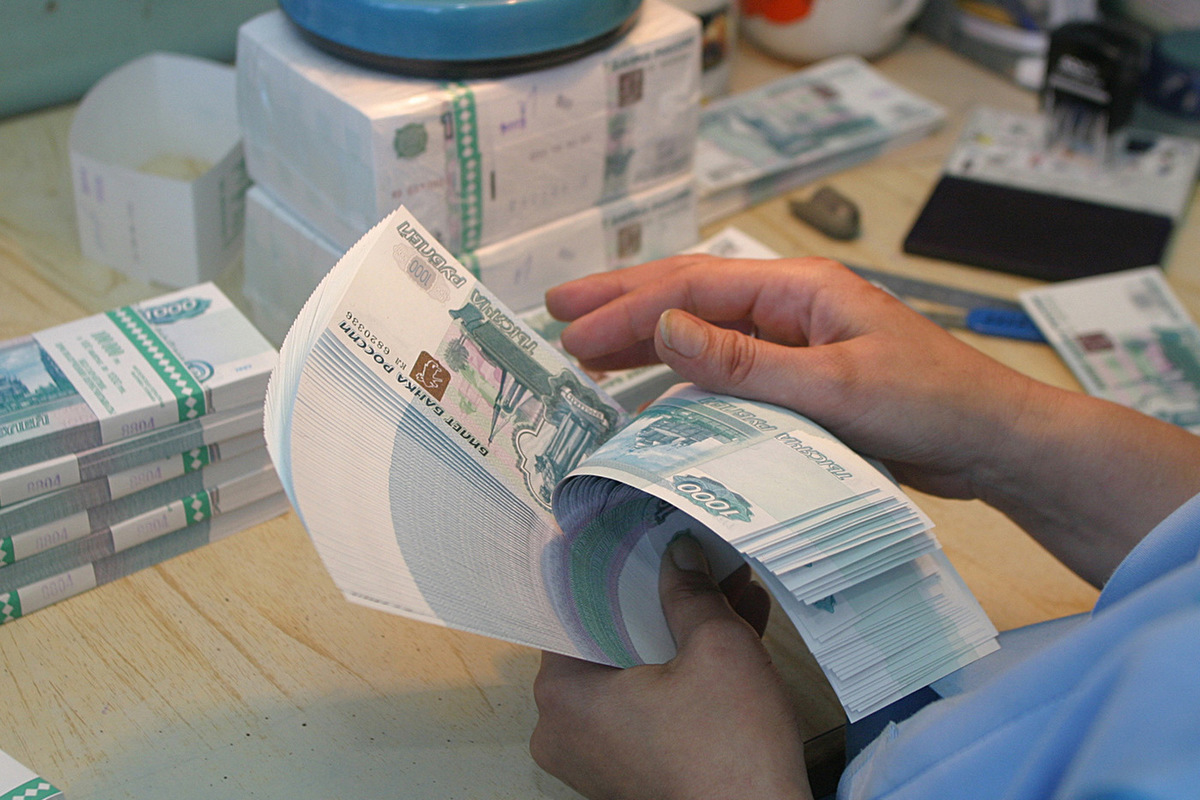Profit during the plague: Russian oligarchs got rich by 16.5 billion
[ad_1]

Why do they care about sanctions?
What’s good for General Motors is good for America, President Charles Wilson said at a Senate hearing in January 1953. Let’s try to transfer the meaning of this legendary phrase to Russian soil. Let’s say that what is good for Lukoil is good for the Russian Federation. Doesn’t jar anything? According to the Bloomberg Billionaires Index published by Bloomberg, since the beginning of 2023, the wealth of the richest businessmen in our country has increased by $16.5 billion. At the same time, the founding father of Lukoil, Vagit Alekperov, has become richer by $4.8 billion. Of course, this is not about his personal financial resources, but about the market capitalization of his assets.
What is $16.5 billion? In terms of rubles, at the current official exchange rate of the Central Bank of 88 per dollar, this is almost 1.5 trillion. Today, the federal budget deficit is 3.4 trillion. The main reason was the sanctions, which turned into a low price for oil sold abroad ($49.5 per barrel of Urals brand compared to $85.6 a year earlier) and a collapse in pipeline gas exports. But not only oil and gas revenues sank, but also items with VAT and income tax.
There is a very illogical, meaningless picture. On the one hand, our state treasury is deflating, the national currency is in a fever, there are more and more problems with exports and tax collection, inflation is spinning, the Ministry of Finance and the Central Bank are puzzling over where to get money to plug holes. At the same time, super-large private business feels great in our country, which is actually the flesh of the flesh of the state and, in theory, should not remain indifferent to the misadventures of the economy, which is closely connected with it. Its captains are all under personal EU sanctions, many are cut off from their former sales markets, their products have lost much in price. It would seem that these people and the companies headed by them would organically look like the most affected. But no.
You can, of course, try to look at their specific actions and corporate specifics, try to unravel the secret of success. For example, Leonid Mikhelson’s Novatek (who has become $1.5 billion richer) is quite competently promoting promising LNG projects, keeping up with the global trend. Lukoil, having an extensive network of refineries in China and other Asian markets, was generally able to maintain its former profit volumes. But behind these “trees” it’s hard not to see the forest. It turns out that the state from trading in oil and gas under sanctions and with discounts gets an increasing hole in the budget, and oil and gas “oligarchs” with the same difficulties and restrictions – solid profits and asset growth. Moreover, these profits were calculated for them not by some pocket press services, but by an international agency, which is difficult to suspect of at least some sympathy for Russia.
The problem of lack of money in the country partly stems from the eternal reliance of businesses on state support: entrepreneurs are simply not accustomed to compete with each other. The bottom line is that in Russia there are, as it were, two economies in parallel. One is general, so to speak, national economic, directly connected with the population. The other is oligarchic, elitist, which serves itself, in isolation from everything that happens in the country.
The story of the wealthy entrepreneurs is more of an exception to the general rule. For a very long time, for 15–20 years, super-large business has been living on the principle of “privatize profits, nationalize losses”. As soon as the rich have problems, for example, the likelihood of non-payment of wages to workers – inhabitants of single-industry towns, they remember the state. Such is the convenient scheme: capitalism for itself, state planning for the needy. Sanctions, Russia’s international isolation, and a growing budget deficit do little to change this. And today, profits are not reinvested in production and don’t go to charity, but are exported abroad, settling in island offshores, in Dubai and other “friendly” jurisdictions instead of London that has become toxic. This is how the system of, as they say, double standards work: some in Russia trade and develop remarkably, despite the deep crisis, while the state points out to others objective difficulties, the intrigues of the West, falling commodity prices and broken logistics. A feast during the plague, honestly.
Newspaper headline:
A feast during the sanctions plague
[ad_2]
Source link






